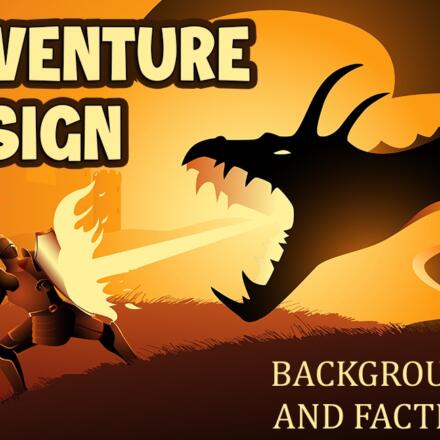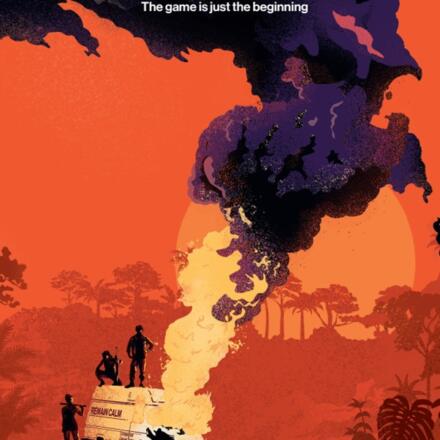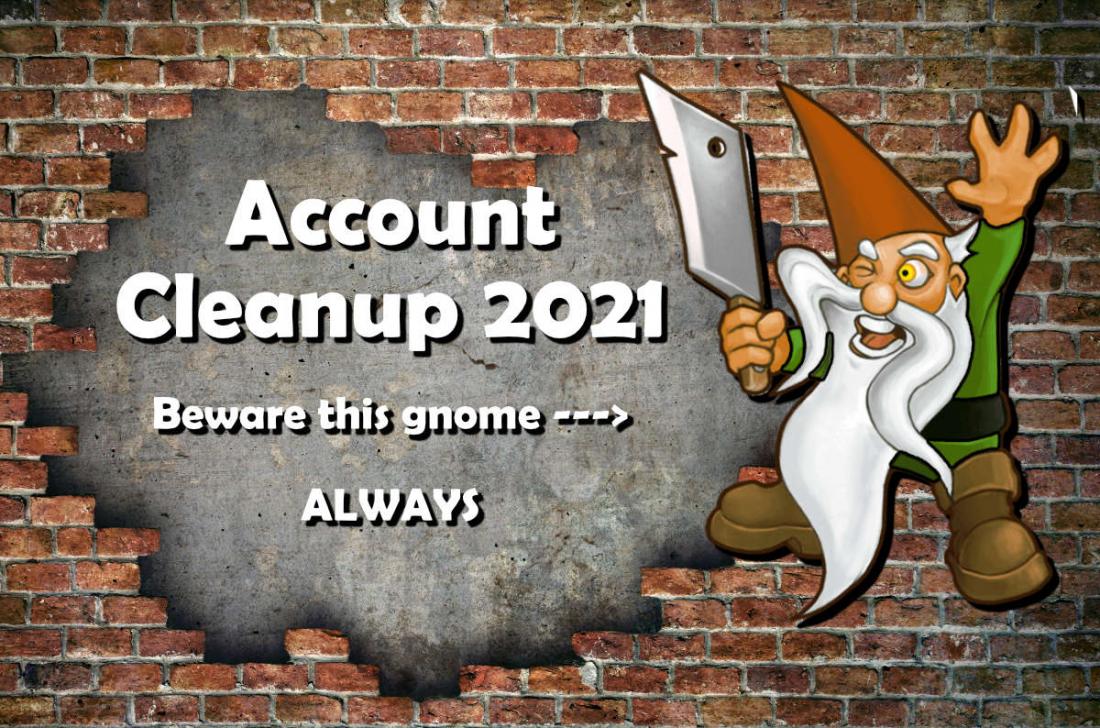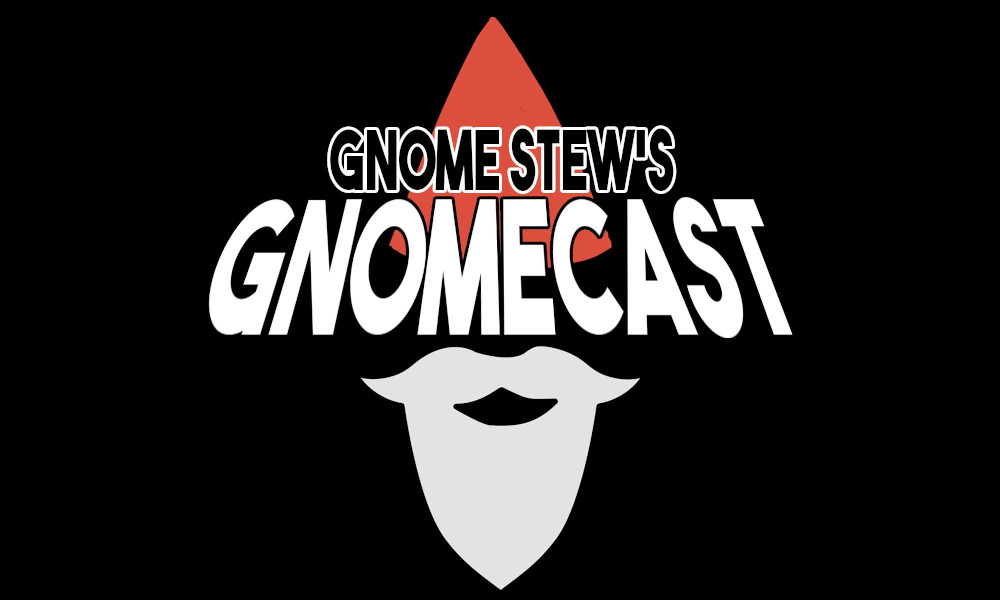
During session zero, the GM is usually hopping on hot (maybe just warm) coals between the various players to answer questions about rules, character creation, setting information, styles/themes/tones for the game, and so on. However, the players will have some idle time as they wait for a question to be answered or as they ponder their character during conceptualization and creation. When I’m a player, one of the things I use this idle time for is to come up with goals for my character. I do this even when the GM doesn’t explicitly ask me for that information.
By having goals that are based on the setting, genre, concepts and general themes of the game, I get a better grasp on who my character was in the past, is right now, and where they want to go. In addition to setting goals, I also attach driving motivations for accomplishing those goals. This brings the goals home for me and makes the goals go even deeper into the character than simply stating something that they want to do.
When setting goals, I come up with at least three goals: short-term, medium-term, long-term. If my creative juices are flowing, I’ll come up with an extra short-term goal as well.
Short-Term Goals
These are goals that are immediate to my character. I try to set them up as goals that will not impact the overall campaign arc or change the world in any way. If they can be resolved within the first three sessions, then that’s an appropriate timeframe for the goal. I also try to formulate them in a way that could lead to larger story arcs down the road.
Here are some examples:
- Find the thief who stole my signet ring because it’s my most prized family heirloom.
- Find out why my sister ran off with the carnival and which way they went because I’m worried about her.
- Figure out where in the world this treasure map scrap that I have leads to because there might be riches there.
- Win at least one good round of gambling at the local gambling hall because I’ve been losing too much gold to <insert antagonistic NPC here> lately.
- Get a kiss from my beloved despite her parents desires to keep us apart because I’m deeply enamored with them.
Medium-Term Goals
Sometimes the closure of a short-term goal will create a new medium-term goal, but I like to start with one of these in my pocket. This is something that can’t be done or finalized in the first few sessions. These have the potential to lead to longer goals, more serious goals, or can alter the setting in some way.
Here are some examples:
- I want to join a professional guild that supports my character’s interests because having allies and guild members is valuable in all efforts. (Or for the prestige of being called a guild member.)
- The tyrannical baron of the lands I grew up in has promised to marry my little sister to his abusive son, so I want to stop the wedding by disgracing (or killing) the baron or his son.
- I want to follow where the carnival with my little sister went in order to ensure her safety with the carnival. If the carnival is mistreating her, I want to rescue her from the carnival.
- Once I know where my treasure map leads, I want to follow where it leads to find the riches and glory hidden within.
Long-Term Goals
Long-term goals are generally campaign changers. These will also likely impact the world, major NPCs, the story being told, and the party itself. Be careful with setting long-term goals, so that they don’t create intra-party conflict or are diametrically opposed to someone else’s goal. This a good time (again during session zero) to loop some other PCs into the goal setting to see if they can add to, expand upon, or get included in the goal(s) you’re trying to come up with.
These types of goals are most likely the kind that will be resolved near the end of the campaign or near the end of a major story arc.
Here are some examples:
- The king ordered the execution of my innocent father, so I want to commit regicide to end his reign of terror over the nation.
- I want to find Xathaxaxas the Mighty Red Dragon and slaughter him to ensure he will eat no more of my father’s cattle and to gain glory and riches for myself.
- My mother mysteriously vanished into The Dark Faerie Realm when I was a child. I want to venture into the realm and find out what happened to her. My father has been beside himself for decades because of her disappearance, and I want to give him closure.
Motivations
As you can see, all of the above goals have a motivation attached to them. A goal of “kill the king” is one thing, but it’s too nebulous and non-important. However, the addition of “… because the king ordered the execution of my innocent father,” changes things drastically. You need more than just to have a goal in mind. You need to know why your character wants to accomplish something. This is also key information to assist the GM in putting pieces together and getting your goal(s) included in the campaign.
To the GM
When players come to you with goals for their characters, listen up! Pay attention! The players are actively telling you what they want to do, what style of game they want to play, and where they want to go. However, you don’t have to engage with every goal. That way lies darkness and failure. If you can, mesh and merge multiple goals into a single thread. This can be difficult, but if you get three goals about a nefarious, unnamed thief, then you have a single NPC to create to satisfy all three goals. Just make that single NPC the target of those three goals. Done!
Conclusion
I hope this article helps solidify things for you in your mind when it comes to generating interesting backstory elements, finding ways to define your character, and allowing you to delve deeper into the story arcs that are presented by the GM. Lastly, a “secret goal” that is never revealed to the party or the GM is no goal at all. If it’s kept secret the entire time, then it usually can’t impact the game in a satisfying way. Let folks in on the secret, especially the GM, and have some fun with it! (Side note: If, during session zero, the group agrees to “no intra-party secrets” then having a “secret goal” of your own will break that social contract, so don’t do that.)

















I’m about to run a session 0.5 (0.75?) for my players as we come back from holiday break and head into the final few story arcs of the campaign. I think I’m gonna take a version of this and use it as the framework to make sure we can wrap up everyone’s character arcs in a satisfying way!
Awesome! Glad the article helped and gave you some guidance. Best of luck incorporating PC goals and motivations into your GM plans.